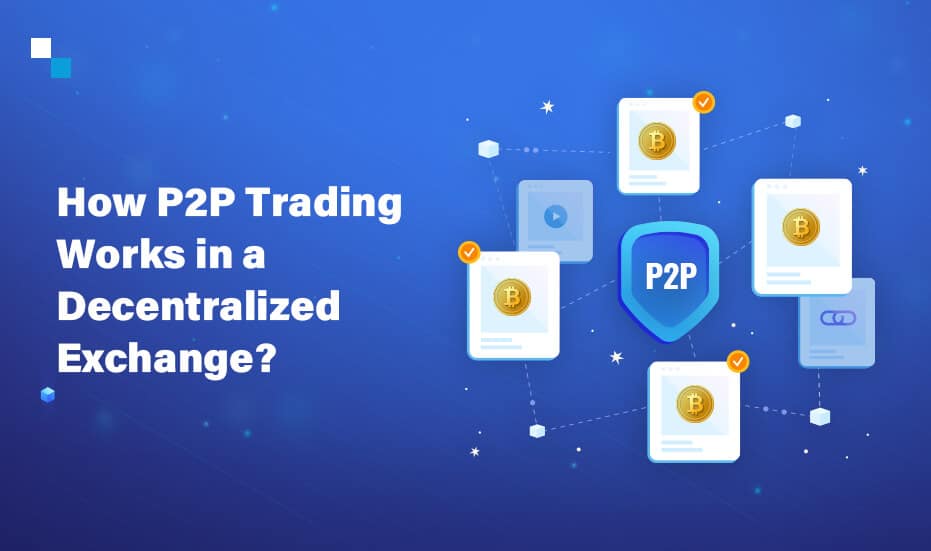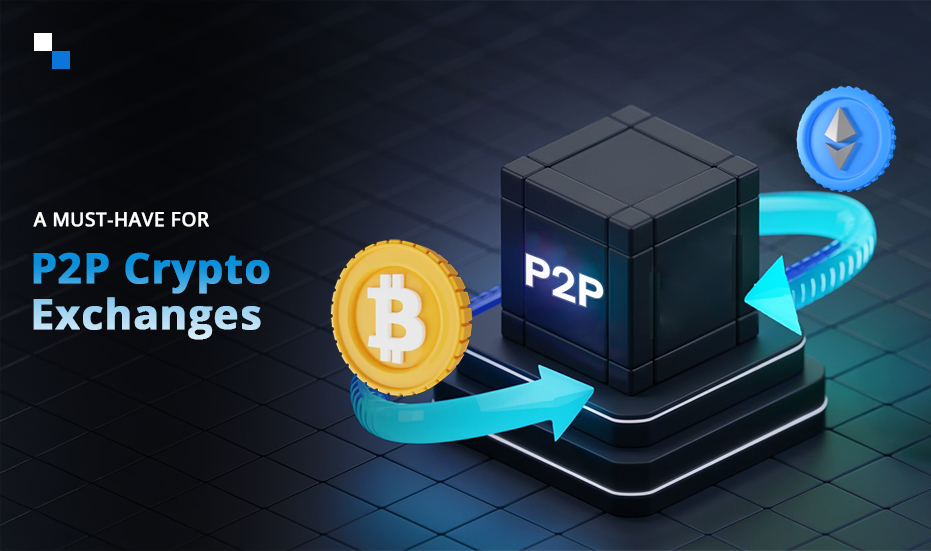
Why are DeFi projects moving from Ethereum to Binance Smart Chain?
May 27, 2021
Know Everything about NFT Wallet Development
June 7, 2021A decentralized exchange (also known as DEX) functions in the absence of a centralized authority. Thus, there exist multiple individual elements that are bound together to facilitate P2P trading in a DEX. These innovative elements have now become a crucial part of P2P exchange development and enhance the overall growth of the DEX ecosystems.
Atomic Swaps
By definition, Atomic Swaps enable the exchange of crypto-assets in a decentralized exchange. Basically, the atomic swaps are backed by smart contracts; as a result, the trading of crypto assets happens almost in real-time. Most importantly, all this happens without the need for an intermediary. As is evident, the atomic swaps are the most important pillars of the DEX ecosystem.
Interestingly, with atomic swaps, the counterparties always remain in complete control of their crypto assets until the trade is completely settled.
How does Atomic Swap perform the P2P function?
• Atomic swaps use a special type of smart contract known as Hash Timelock Contract (HTLC).
• The HTLC is a smart contract that is capable of generating a key pair.
• Then it automatically executes the action that is pre-programmed into the smart contract.
• When the HTLC executes a trade, the counterparties need to acknowledge the completion of trade within a stipulated time frame. If they fail to do so, the smart contract will void the transaction. This ensures the number of frauds is minimized.
• The way the atomic swaps function, they also enable interoperability which is very important to break the silos in the blockchain space.
The advantages offered by atomic swaps are leading to innovative P2P crypto exchange development.
Liquidity Pools
For any crypto asset to enable quick tradability, the supply must be adequate. This basically defines how liquid a trade is. If the supply is not sufficient, this could lead to price slippage and the asset price will fluctuate massively.
In a centralized exchange ecosystem, the market makers help maintain liquidity. But because of such a setup, the centralized exchanges are prone to the risk of price manipulation. Unlike this, the decentralized exchanges depend on liquidity pools to ensure the supply of sufficient assets.
The liquidity pools are also smart contracts. Multiple liquidity providers pool their assets in these smart contracts where the reserves are escrowed to ensure the safety of the assets. A liquidity pool always requires LPs to pool in asset pairs. At one end the LP will provide liquidity while on the other end it will swap out.
Automated Market Making
In the absence of market makers, the decentralized exchanges face a lot of challenges. To overcome that, Bancor introduced automated market making (AMM) in 2017. However, Uniswap made AMMs popular. The AMM is powered by a smart contract and uses a pre-programmed algorithm to determine the prices of assets in a liquidity pool.
It is the liquidity provider who fixes the swapping ratio or the base price of the assets in the liquidity pool. After that, it is the task of the algorithm that drives the AMM to determine the price of the asset. The AMM adjusts the price based on certain metrics like demand-supply ratio, individual trade size, or more.
Benefits of AMM in P2P Exchange Development
AMMs remove the need for intermediaries, as a result, the trading fees are minimized.
1) Because of this kind of setup, the overall volume stability of the pool is maintained, which controls the volatility of the ecosystem.
2) The LPs are incentivized and they receive Annual Percentage Yields (APY) to provide liquidity to the DEX.
3) AMM’s are of two types. One that is based on order books and other based on a fully automated algorithmic mechanism. The fully automated AMMs eliminate the need for order books as they determine the prices algorithmically. Such AMMs enhance the fairness of DEXs along with that provide users an opportunity to generate passive income too.
Wrapping it up
P2P crypto exchange development has evolved drastically over the years and Antier Solutions has been working closely on these developments. As a team of over 150 developers, we have gained strong expertise in developing a variety of crypto exchanges like CEX, DEX, P2P, Orderbook based, and AMM based.
We are known for our white label P2P exchange solution, and at the same time, we are trusted for the development of a custom P2P exchange from scratch.
Schedule a free demo of our white label P2P exchange solution or connect with our subject matter experts to share your needs to build a custom P2P exchange from the ground up.



